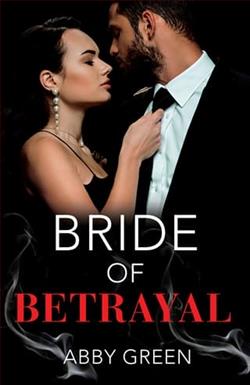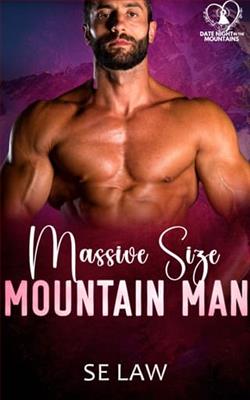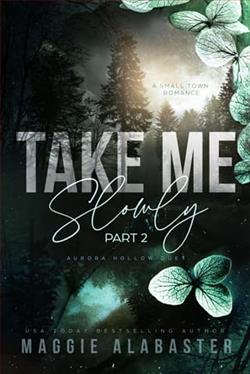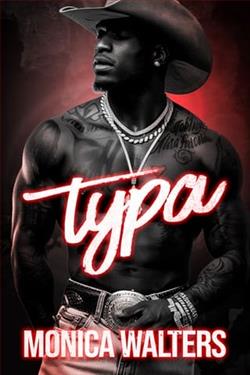Page 3 of No, You Hang Up
I don’t know these people, and I don’t belong here.
Cousins I’ve barely ever met glance my way, whispering behind their hands or grinning in unfriendly ways when they see me. But when I try to really look at them, to place them from my childhood, their features slip away like water on glass, leaving just blank, smooth faces in their place.
The preacher takes his spot at the podium, and even his face is blank and featureless and strange. Glancing around, I feel panic well in my chest when I notice everyone in the room is the same. Even when their faces turn to me, I can see nothing. They all look the same, just in different shades and styles of black.
I tear harder at my nails—not feeling the pain I know I should—until I’m ripping strips from them and blood is trickling through my trembling fingers to stain the skin of my palms.
Not that I feel it.
Numbness spreads from my hands, up my arms, to my chest and finally down my legs. Belatedly, I realize the preacher’s words are formless. Meaningless.
Everything here is just so strange, even though the featureless figures all around me nod their blank faces like they know exactly what’s happening.
Finally, they all stand and I stumble to my feet as well, anxiety surging through my body. As one, my row moves toward the casket. Closer to the body lying there that we’re all paying our respects to.
A mourner in a black dress leans over to touch the person in the casket. The next, a suited figure, only nods their head before moving on. Each person takes only a few seconds, and with a jolt, I see I’m only four people away from seeing what lies in that box.
I don’t want to.
God, I really don’t want to.
Stepping out of line proves impossible, though. My legs won’t move that way. They only shuffle forward, boots making no noise on the well-worn carpet of the funeral home. I open my mouth to protest, to say I don’t need to see.
That I don’t want to see.
But I can’t stop moving, and the murmur of conversation from the faceless people plays like an eerie white noise in my ears.
Three people.
Two.
I can’t even lean to the side to catch a glimpse. I can only stand straight with my eyes on the flowers on the casket while the person in front of me leans forward to murmur to the dead man.
“We know you were a good man, Robert.”
The words ring in my ears; foul and false and wrong.
But when she moves away, my feet shuffle forward like I’m programmed to move this way, until I’m staring down at the figure in the coffin.
But this one has a face.
Grey hair with hints of its former red is combed thinly over a pale scalp. His face is slack and empty, and the hands clasped over his chest are pale from bloodlessness.
I don’t feel pity, or sadness, or anything appropriate.
I feel nothing, in fact.
“Tell him he was a good person,” a voice hisses in my ear, but I can’t look away from Uncle Robert. I can’t move, with my hands on the edge of the coffin like I’m having to brace myself for balance.
I don’t say anything. I can’t move, but I also make sure my lips don’t form those words.
Something pinches my side, causing me to wince, even though I don’t feel any pain.
“Tell him you lied.”
This time I manage to shake my head, and something pinches my hip. Then my thigh. Then my arm.
“Tell him you made it up.”















